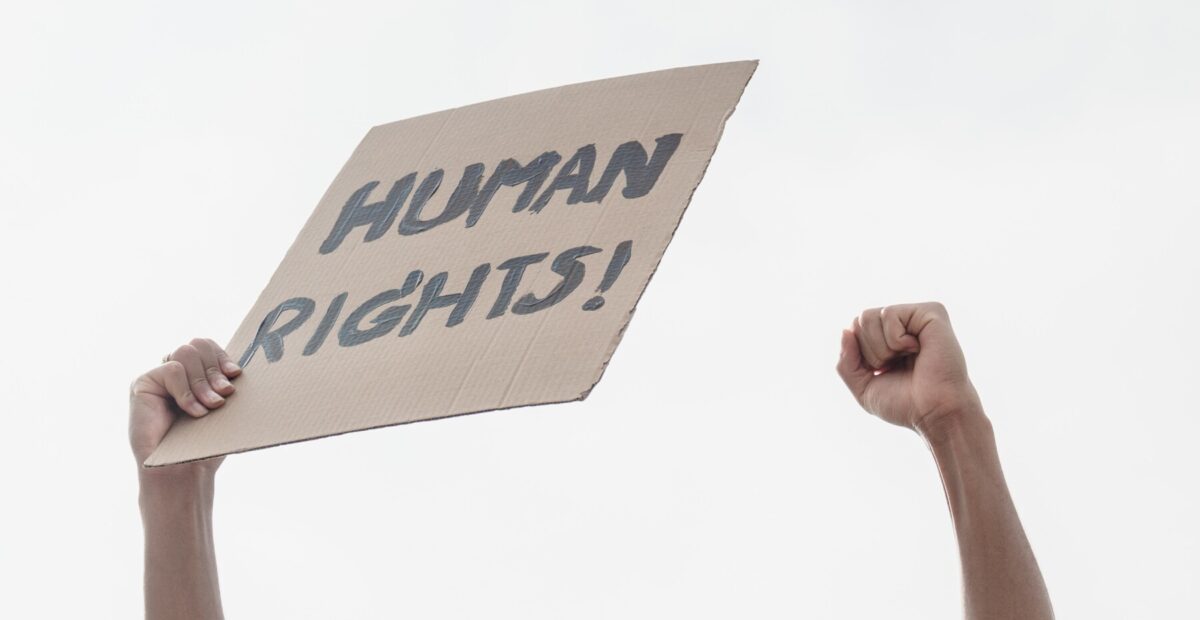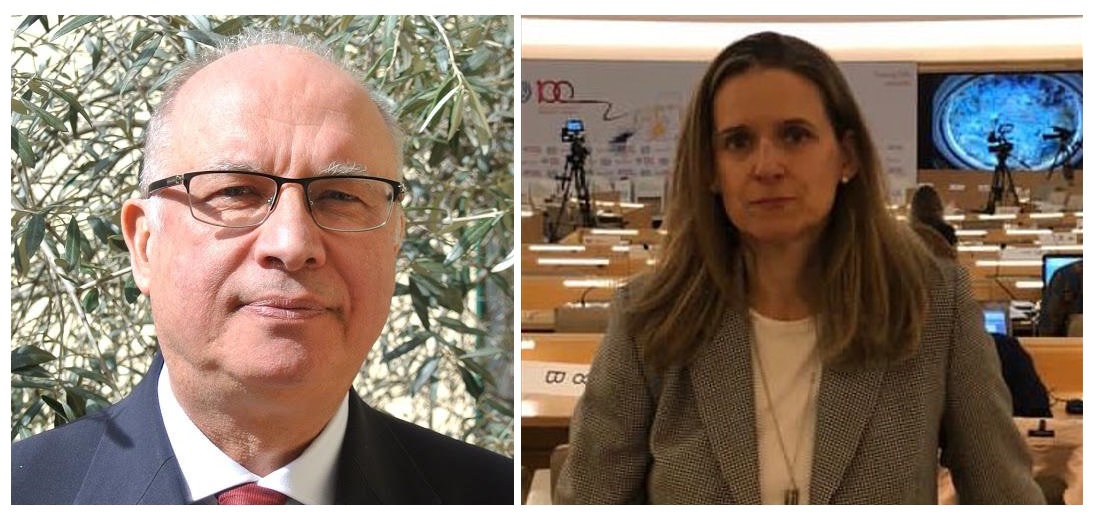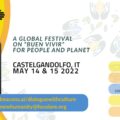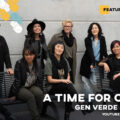
Workshop
Human rights and fraternity: an ever-timely commitment

Human Rights Day is observed every year on 10 December. This date was not chosen randomly: on this day in 1948 the United Nations adopted the Universal Declaration of Human Rights. We talked about this anniversary with Esther Salamanca and Jorge Manuel Dias Ferreira, representatives of New Humanity NGO, which promotes the United World Project.
It is almost time for my interview with Jorge Manuel Dias Ferreira and Esther Salamanca. As always, when an interview approaches, something can go wrong. Today, however, I cannot afford it: the first of my interviewees is about to catch a flight that will take him from Geneva to Rome, while the second is starting her day in the United States, where she is currently a visiting professor at the University of Illinois College of Law-Urbana-Champaign. They are two people who work every day to promote the recognition and respect of human rights for all, especially the most vulnerable.

On 10th December we celebrate Human Rights Day, whose theme is ‘Dignity, freedom and justice for all’. This year, ahead of the 75th anniversary of the Universal Declaration of Human Rights on 10 December 2023, a year-long campaign will be launched to showcase the importance of the Declaration by focusing on its legacy, relevance and activism, at a time when the various crises we are experiencing make us realise how interconnected we all are. Indeed, we have a lot to talk about, and all that is left for me to do is switch on my computer and start the video call: thankfully, everything works perfectly.
Jorge Manuel Dias Ferreira is Portuguese and Swiss, he is a psychologist; he works for the Swiss Ministry of Education and is a permanent representative of New Humanity NGO at the United Nations and other International Organisations in Geneva. Esther Salamanca is Spanish and a Full Professor of International Law and Human Rights at the University of Valladolid. She is an Additional Representative of New Humanity NGO at the United Nations in Geneva. The first thing that comes to my mind is that there is always some confusion when talking about human rights, even among friends. Let’s start by clarifying this concept…
“Human rights”, Dr. Ferreira begins, “are inalienable rights of the person that cannot be questioned, they must be recognised for every man and every woman for the simple fact of being a human person. Thirty years ago UNESCO conducted a survey among all countries of the world to find out whether the rights included in the 1948 UN Declaration were really universal. The result was that, with respect to all 103 countries that responded, the same values as those included in the Declaration could be found in the traditions, history and culture of those peoples. It emerged, thus, that these rights have always been linked to the particular history of each people and are still relevant today, because they offer an integral anthropological vision of the human person as a natural being that has cognitive, affective, moral, social and spiritual capacities”.
The campaign that will be launched this year aims to showcase the importance of this document. Where do we stand in terms of respecting these rights?
ES: “We know that, in some countries, like Nigeria and Syria, serious violations of human rights are committed, and we know that there are countries in which more vulnerable groups of people, such as refugees, migrants, children, elderly and disabled people, are in situations of danger. We do not have the whole picture, but there is growing awareness that states are primarily responsible for the respect of these rights, not just in relation to public entities, but also in relation to the actions of private entities, like associations, companies, NGOs, which can support or hamper the development of human rights, both inside and outside the states themselves”.
How has the typology of human rights changed? Has the scope of these rights widened over time?
ES: “We can identify three main categories of human rights: the first is civil and political rights, related to the principle of freedom, the person’s relations with states. The second category is economic, social and cultural rights, which are related to the principle of equality. And then there is a third category, solidarity rights, which had not yet been recognised in the Treaties, and which are rights of the individual and of the peoples”.
Solidarity rights evoke a closeness, a relationship between people, communities and even states….
ES: “They are essential rights, because they pertain not only to individuals but to communities as well. They are rights for all: protecting the right to a healthy environment or the right to peace, just to give two examples, means protecting a benefit to all humanity”.
JMDF: “It’s about practising universal fraternity. When I talked about fraternity in international contexts, thirty years ago, at the beginning of the work of New Humanity NGO, almost everyone laughed. Today no one laughs anymore. We know that fraternity is the condition without which we cannot have peace, we cannot eradicate hunger in the world, we cannot ensure respect for nature, in short, we cannot ensure ‘dignity, freedom and justice for all’, as this year’s theme reminds us”.
Is fraternity therefore the basis for the application of human rights of any category?
JMDF: “We must translate into politics and diplomacy the actions that fraternity inspires us to take in our everyday lives. What has changed compared to the past is that you cannot preach fraternity, you have to practise it, and this leads us to approach others, even in international fora, as brothers and sisters: listen to them, try to understand them, not judge them, stand true to our own convictions when needed, but in a truth that favours encounter and dialogue”.






